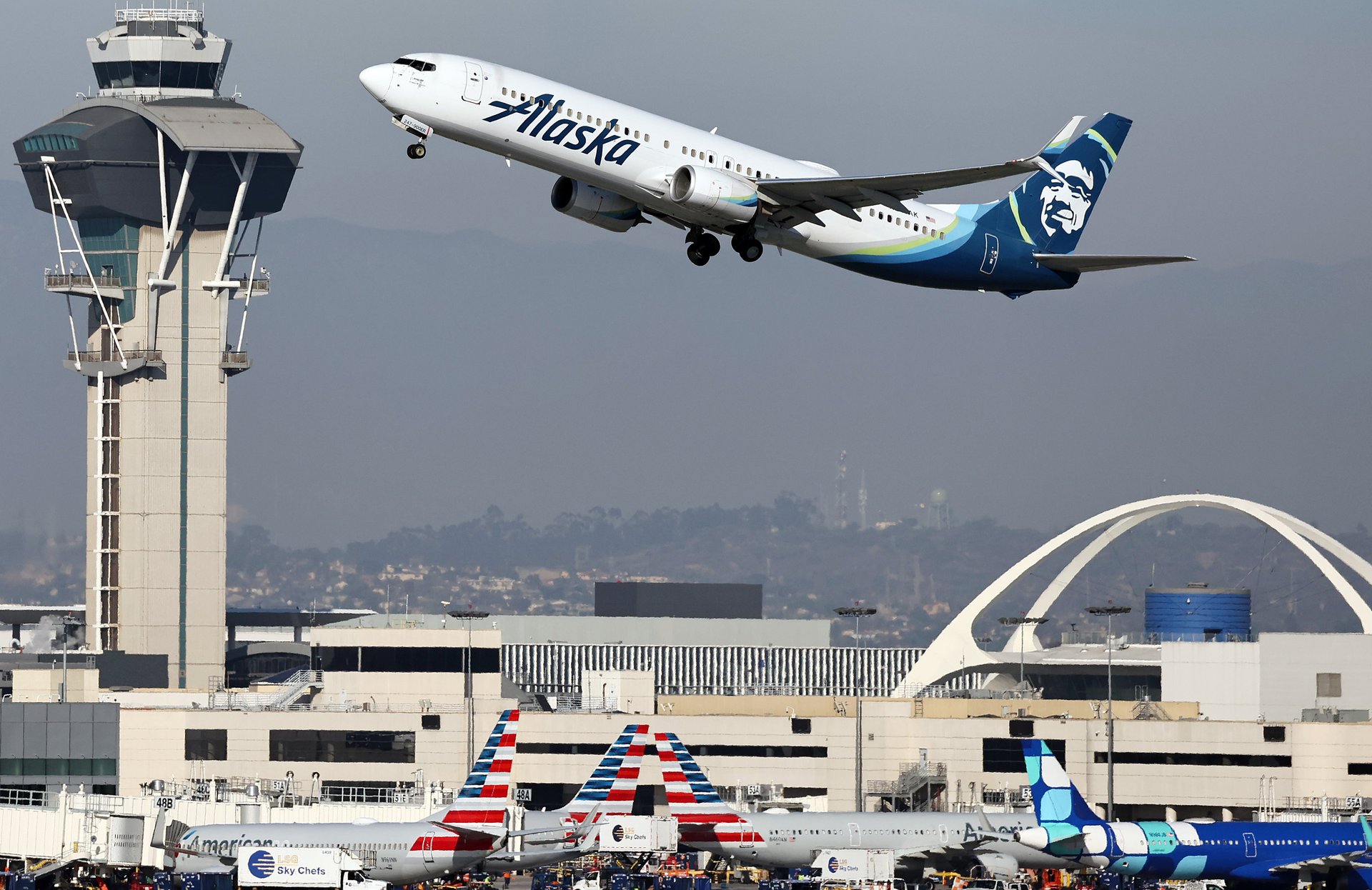Airline executives can't say exactly why they charge so many fees
A group of industry leaders testified before the Senate regarding their companies' practices

After the Senate dropped a report last week criticizing the airline industry for the proliferation of fees into every part of the flying experience, top executives came to Washington, D.C., to defend themselves. In the face of questioning about whether they’d tamp down efforts to find new ways to squeeze revenue from consumers, they declined to say what their plans are.
Suggested Reading
“Most Americans cannot afford their own planes; they are dependent on you to be able to go to a family funeral across the country or to a business meeting halfway across the country,” Sen. Margaret Wood Hassan, D-N.H., said during the hearing of the Senate Homeland Security and Governmental Affairs Subcommittee on Permanent Investigations.
Related Content
In response to their responses, she said, “We’re all captives on your airplanes at a certain point. You say, You want to pick a seat? We’re just going to charge you a random amount more. What we’re trying to get at is why.”
Present were:
-Matthew Klein, chief commercial officer of (now bankrupt) Spirit Airlines
-Peter Carter, chief external affairs officer for Delta Air Lines (DAL)
-Robert Schroeter, chief commercial officer of Frontier Airlines (ULCC)
-Steve Johnson, chief strategy officer for American Airlines (AAL)
-Andrew Nocella, chief commercial officer of United Airlines (UAL)
Much of the testimony, as is typical when corporate figures are summoned before Congress to discuss the public’s annoyances with their industries, was slippery. Nocella questioned whether United was justified in charging some Economy passengers money to assign a seat because it cost United to do so, but was noncommittal.
AI ticket pricing looms
On its recent investor day, Delta Air Lines CEO Ed Bastian bragged that his company had been working with the Israeli artificial intelligence firm Fetcherr to design AI-powered pricing algorithms.
“We’ve now been working with them for, I’d say, the better part of a year,” he said at the time. “And we’ve got about 1% of our network currently being priced by the Fetcherr team. This is again a full reengineering of how we price and how we will be pricing in the future.”
To that point, Sen. Josh Hawley, R-Ark., had a question about how airlines use customer information to determine how much a ticket costs.
“Why do you make people enter in their age and their geographic location and their gender before they can even see the cost of a seat?” he asked.
Klein denied that his airline uses the information to calculate fares but not that his airline uses algorithms to do so.
“That’s a different question,” he said.
Toward the end of the hearing, Democratic Sen. Richard Blumenthal of Connecticut, the committee chair, returned to the question of algorithms and the potential use of AI to drive so-called “dynamic” pricing. He pressed Carter to explain why Delta felt the need to develop its pricing that way.
“It’s more about the right offer at the right time,” Carter said.
Blumenthal, frustrated, put the question over AI price manipulation to the rest of the group.
“I’m assuming none of you can answer this question; I invite others to say that your airlines will never use AI to charge different fees or fares to people at the same time for the same flight,” he said. “Any of you want to commit?”
The executives sat in silence.